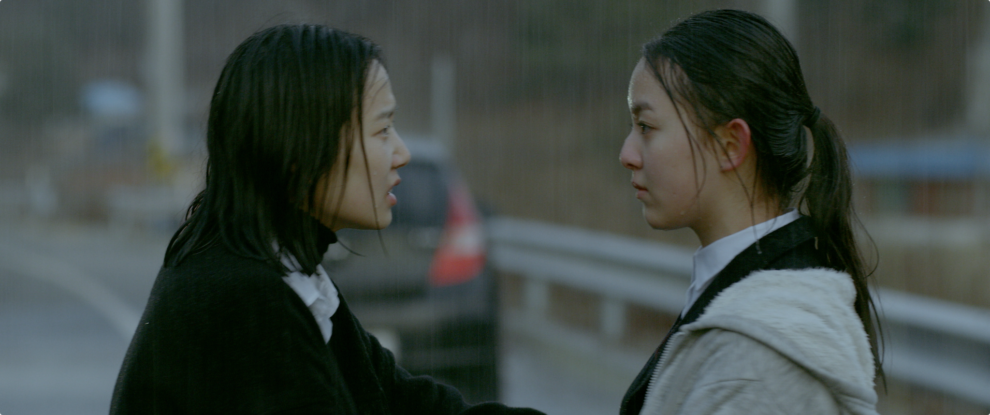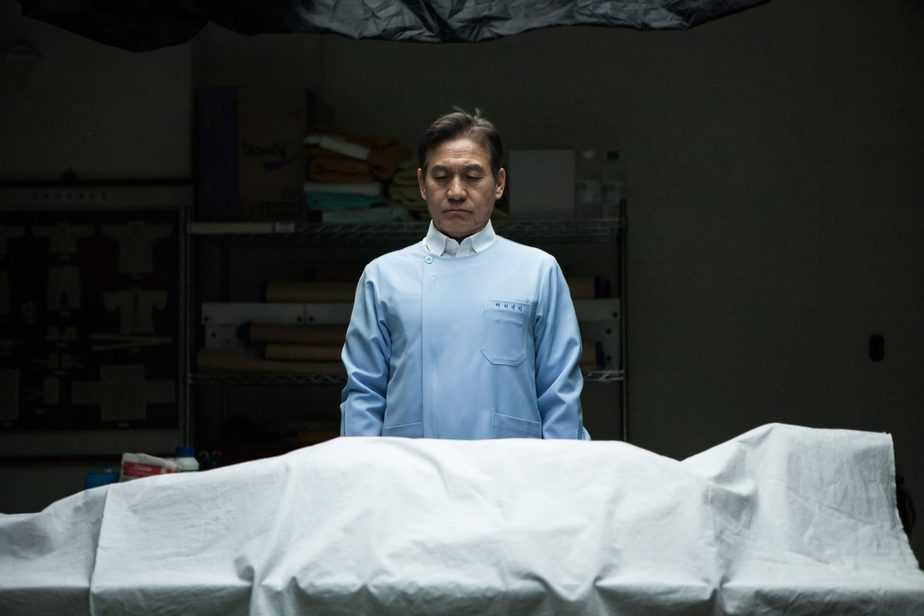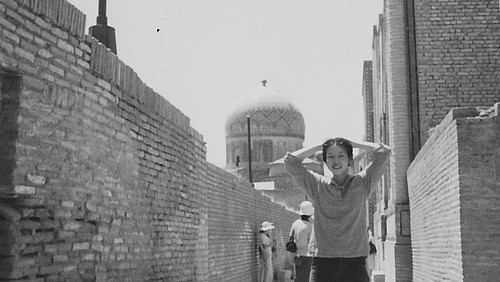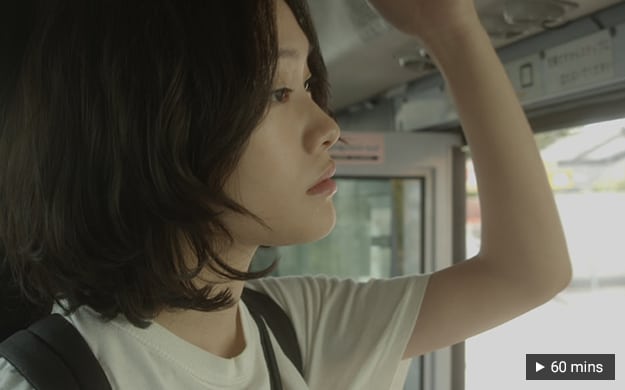This year's hybrid edition of Tallinn Black Nights (PÖFF) shows a strong presence of Asian films, as much in competition as in sidebar programs, including the popular genre section ‘Midnight Shivers'. One of the most pleasant surprises so far is the directorial debut “Black Light” by the South-Korean filmmaker Bae Jong-dae which screens in the First Feature Competition, where it celebrates its international premiere. It's not just the flawless script which presents us with many facets of one tragedy, but also the balanced tempo, the synergy of picture and sound and the excellent cast that make this film a beautiful, even if occasionally – tearful watch. But because emotions don't get exploited for the purpose of willful psychological manipulation in the film, actions and reactions played by actors have the quality of unfeigned, real-life situations.
“Black Light” is screening at Tallinn Black Nights Film Festival
How to deal with a personal loss due to a car accident, or how to deal with any loss at all? “Black Light” shows that the truth in such cases doesn't necessarily have to be one-dimensional and as such – once it gets revealed, the truth could sometimes leave everyone heartbroken. The question is: when two car crash against each other killing one driver and turning the other one into a vegetable, does it really matter who crossed the centerline and caused the accident?
For one person in “Black Light” the answer is – yes, it does. Hee-ju (Kim Si-eun) can't let go of the past, especially when her guilt feeling gets replaced by rage upon realization that her husband Soon-wu probably wasn't responsible for the accident, and that the man lying in the hospital dragged him into death.
Hee-ju's sudden appearance in her hometown is a shock to her former colleagues and employers. After the accident, she was absent for two years and that period of her life is never discussed in the film. What she did or where she lived, we don't know. Now back in town, she's back to her old factory job and accomodated in a small appartment provided by her old/ new employers.
The actual plot starts thickening when the paths of the widow and Young-nam (Yeom Huy-ran), the wife of the comatose patient (her husband's alleged victim) cross in the factory where both are working at. Their reactions are dissimilar but as the film progresses, the roles start re-positioning, and only towards the end the women reach the point of shared trauma and mutual undrestanding. The way there is long and difficult for all involved in the mystery surrounding the accident, but one particular person plays a crucial role in changing the course of the story. This happens to be Eun-young (Park Ji-hu), the daughter of Young-nam who can't keep her secret anymore.
Many things in the film are unclear, but one is certain – everybody but Hee-ju is scared of a potential reinvestigation. When she manages to initiate it through her lawyer by providing a small piece of evidence, the community starts behaving strangely including her own brother and the sister-in-law.
Plot-twisting in the movie is brought to a completely different level. No matter how many turn of events come your way you don't get forlorn. As the keys open one door after the other, every new occurance comes across as logical.
This film is a great personal recommendation of mine.
















